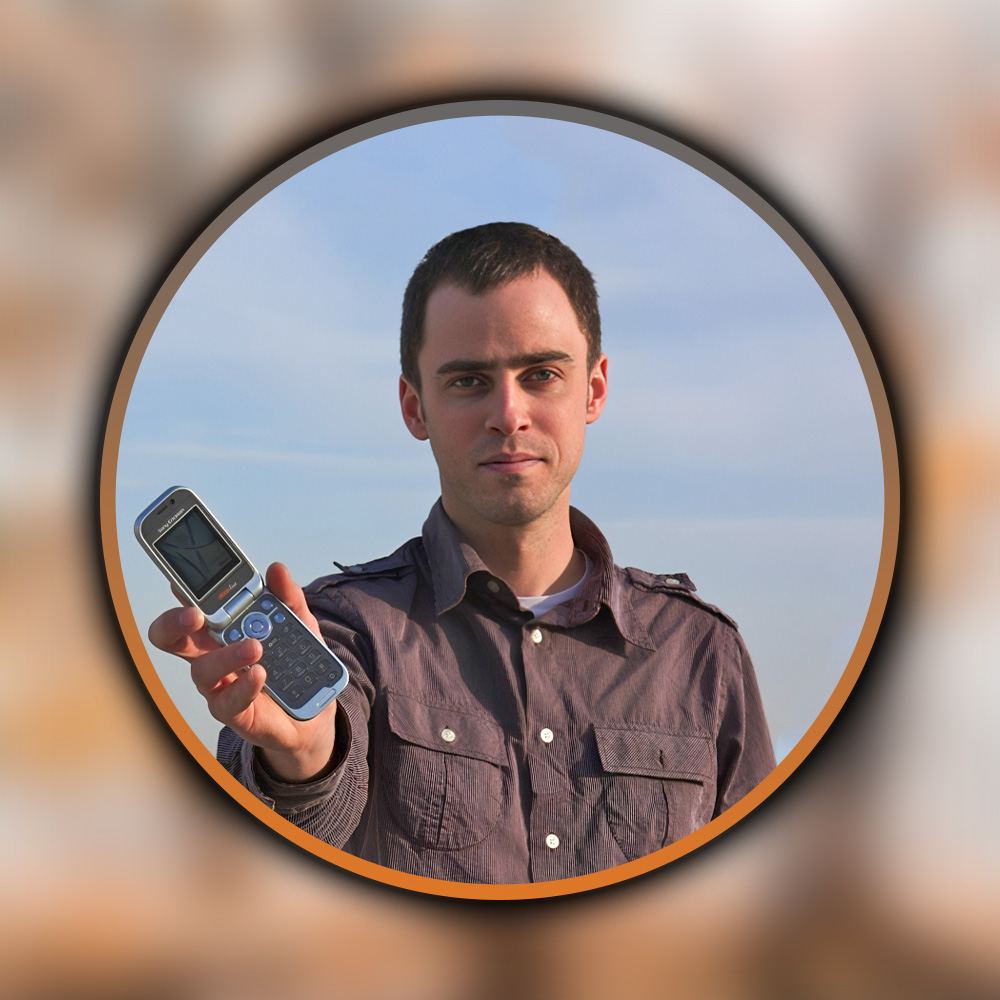
The relationship between music and social media has become increasingly intertwined in the digital age. Musicians and artists of all genres leverage social media platforms to connect with their fans, promote their music, and build their careers. Social media has revolutionized how music is discovered, shared, and consumed, creating new opportunities and challenges for artists and fans alike.
The Rise of Social Media in the Music Industry
The music industry has seen a significant transformation over the past two decades. Gone are the days when artists relied solely on record labels to promote music and connect with their audience. The advent of social media has democratized the music industry, giving artists direct access to their fans and allowing them to bypass traditional gatekeepers.
Platforms like Facebook, Twitter, Instagram, and TikTok have become essential tools for musicians to build and engage their fanbase. These platforms offer a direct line of communication between artists and fans, allowing for real-time updates, behind-the-scenes content, and personal interactions. Social media has allowed musicians to craft their narratives, share their creative process, and cultivate a loyal following.
Connecting with Fans on a Personal Level
One of the most significant advantages of social media for musicians is the ability to connect with fans on a personal level. Artists can share glimpses of their everyday lives, interact with fans through comments and direct messages, and even hold live Q&A sessions. This emotional connection fosters a sense of intimacy and loyalty that goes beyond the music itself.
For example, Taylor Swift has mastered connecting with her fans on social media. She frequently engages with her followers, shares updates about her life, and even surprises fans with exclusive content. This approach has helped her cultivate a dedicated fanbase that feels a genuine connection to her as an artist and person.
Promoting New Music and Building Hype
Social media has also become a powerful tool for promoting new music releases. Artists can use platforms like Instagram and Twitter to tease upcoming projects, share snippets of songs, and create anticipation among their fans. The ability to share multimedia content, such as music videos and lyric snippets, allows musicians to build hype and excitement around their music.
Beyoncé’s surprise album drops on social media platforms like Instagram and Twitter have become legendary. She has used these platforms to generate massive buzz and excitement around her music releases, bypassing traditional promotional strategies and surprising her fans with new music.
Music Discovery and Viral Hits
Social media platforms have also changed the way music is discovered. Through features like “For You” pages and trending hashtags, platforms like TikTok have become breeding grounds for viral hits. Songs can quickly gain popularity through user-generated content, challenges, and dances, ultimately catapulting artists to fame.
One notable example is the rise of Lil Nas X and his hit song “Old Town Road.” The song gained immense popularity on TikTok, where users created dance videos set to the track. This viral trend helped the song top the charts and solidify Lil Nas X as a breakout star. Social media played a pivotal role in his rapid ascent to stardom.
Collaborations and Cross-Promotion
Social media has also facilitated collaborations between artists, allowing them to cross-promote their work and reach wider audiences. Artists can connect on platforms like Instagram and Twitter, share each other’s content, and even collaborate on new music projects.
For instance, when Ariana Grande and Lady Gaga collaborated on the song “Rain On Me,” they used social media to tease the release, share behind-the-scenes content, and build excitement among their respective fanbases. This strategic use of social media helped the song achieve commercial success and reach a global audience.
Challenges and Pitfalls
While social media has undeniably transformed the music industry, it has its fair share of challenges and pitfalls. The constant pressure to maintain a solid online presence can be exhausting for artists, and the desire for likes, comments, and shares can become all-consuming. This pressure can sometimes lead to burnout and mental health issues.
Additionally, social media has opened the door to online harassment and trolling. Artists, particularly women and people of color, often face disproportionate levels of criticism and abuse on social media platforms. This toxic environment can take a toll on their mental well-being and affect their creativity.
Moreover, the algorithm-driven nature of social media can create a “viral or bust” mentality, where artists feel compelled to chase trends and prioritize quantity over quality. This can lead to a homogenization of music and discourage artists from taking creative risks.
The Future of Music and Social Media
As technology continues to evolve, so does the relationship between music and social media. Emerging platforms and technologies, such as virtual reality and blockchain, are poised to disrupt the music industry further. Virtual concerts and immersive experiences are becoming more common, allowing artists to connect with fans in new ways.
Blockchain technology can revolutionize music distribution and ownership, giving artists more control over their work and fair compensation. Artists can use blockchain to tokenize their music and engage directly with fans through NFTs (non-fungible tokens).
In conclusion, the symbiotic relationship between music and social media has reshaped the music industry, providing artists unprecedented opportunities to connect with fans, promote harmony, and build their careers. While social media has challenges, its potential to democratize the industry and foster creativity cannot be overlooked. The future holds even more exciting music and social media integration possibilities as technology advances. Artists and fans should embrace this evolving landscape and continue exploring new ways to connect through the power of music and social media.